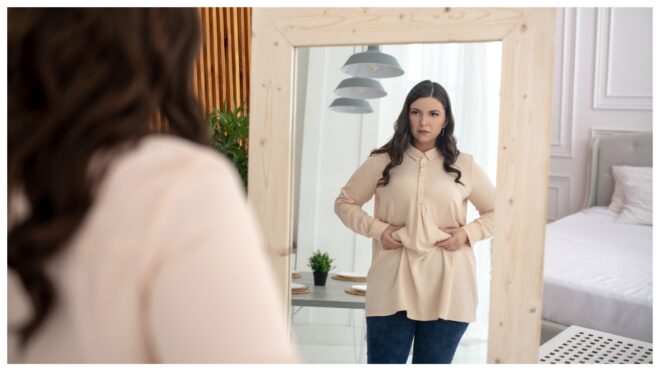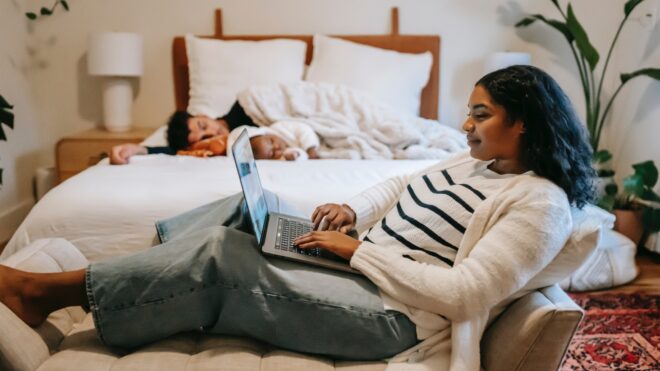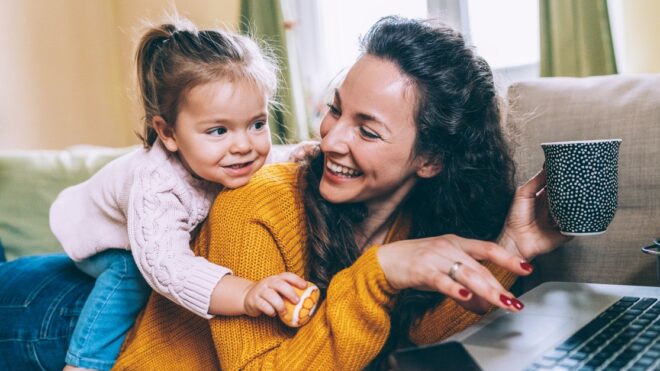
The decision to get sober is a complicated one. For one, not every person who decides to get sober is problematically using the substance they're leaving behind. Some people make the decision preventatively.
That decision rarely comes easy. For many people, there are a lot of complicated emotions involved. When you have children to consider, that decision can be even more complicated. After all, drinking and parenting have a very noticeable overlap in pop culture. Being a "wine mom" is practically a badge of pride, and there are about a million different T-shirts and wine glasses out there that will tell you just that. Yet day after day, many moms decide to leave drinking, in particular, behind.
And as if it isn't a difficult enough decision, consider how many moms made the decision to get sober during the health crisis. Moms everywhere were at the brink of breakdown with their kids home, iffy remote learning options, and no end in sight. Yet some moms, like the ones LittleThings spoke with, were brave enough to take the plunge when their family arguably needed them most.
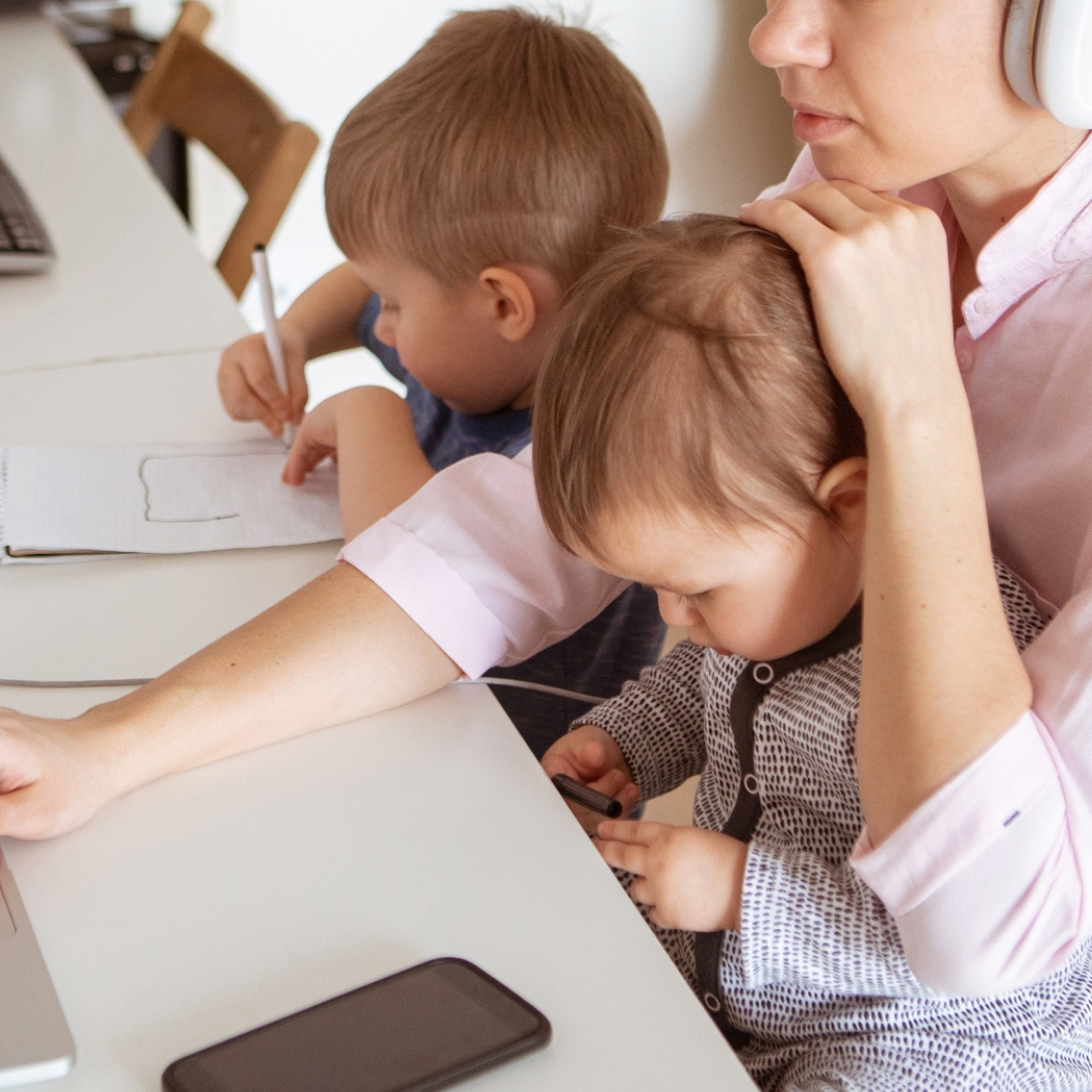
A woman who asked to be referred to by the pseudonym Katrina had everything going for her. She was married to the love of her life for nearly a decade. The couple shared four beautiful children: a 14-year-old, twin 9-year-olds, and a 6-year-old. After many years of hard work momming, it felt like 2020 was the year she'd reclaim some of her own time.

Katrina wanted to devote more time to her career, where she co-owned a hair salon with her little sister. The feeling of wanting everything at once and feeling like she didn't particularly deserve any of it was nagging at her, however.
On top of that, her marriage was struggling. It seemed that her husband was getting more into his social life at an age when she felt the two would be settling down more, leading them to butt heads.

"I had this house full of kids, and I constantly felt run down. I was exhausted, in the thick of it, only sleeping for a few hours a night between my kids and my anxiety. So whenever any one of my mom friends talked about a wine night, it took nothing to convince me to escape," she explained.
Katrina and her mom friends gathered for their very last wine night on the night the NBA shut down due to COVID-19. In a matter of hours while the women sat in front of a TV screen, indulging in a few more glasses than usual, things started looking bleak.
"I remember my friend Carla, she said, 'They better not close the schools,'" Katrina recalled. "That's when I started to panic. I downed my glass, poured myself a refill, and downed that while I waited for my Uber."

Katrina explained that she and her friends were very social, which also came up in arguments with her husband. He was more interested in the nights they left the kids at home and went out. The two had enjoyed a relationship that involved a lot of vacations and nights out before kids, and even after the first with the help of family and friends.
"Asking someone to hang out with one kid for a night is a lot of different than asking them to juggle three," Katrina noted.
She wanted the time they spent with other families to be enough, especially due to financial concerns. Going out alone on top of times they went out with their four kids quickly added up for the middle-class family.
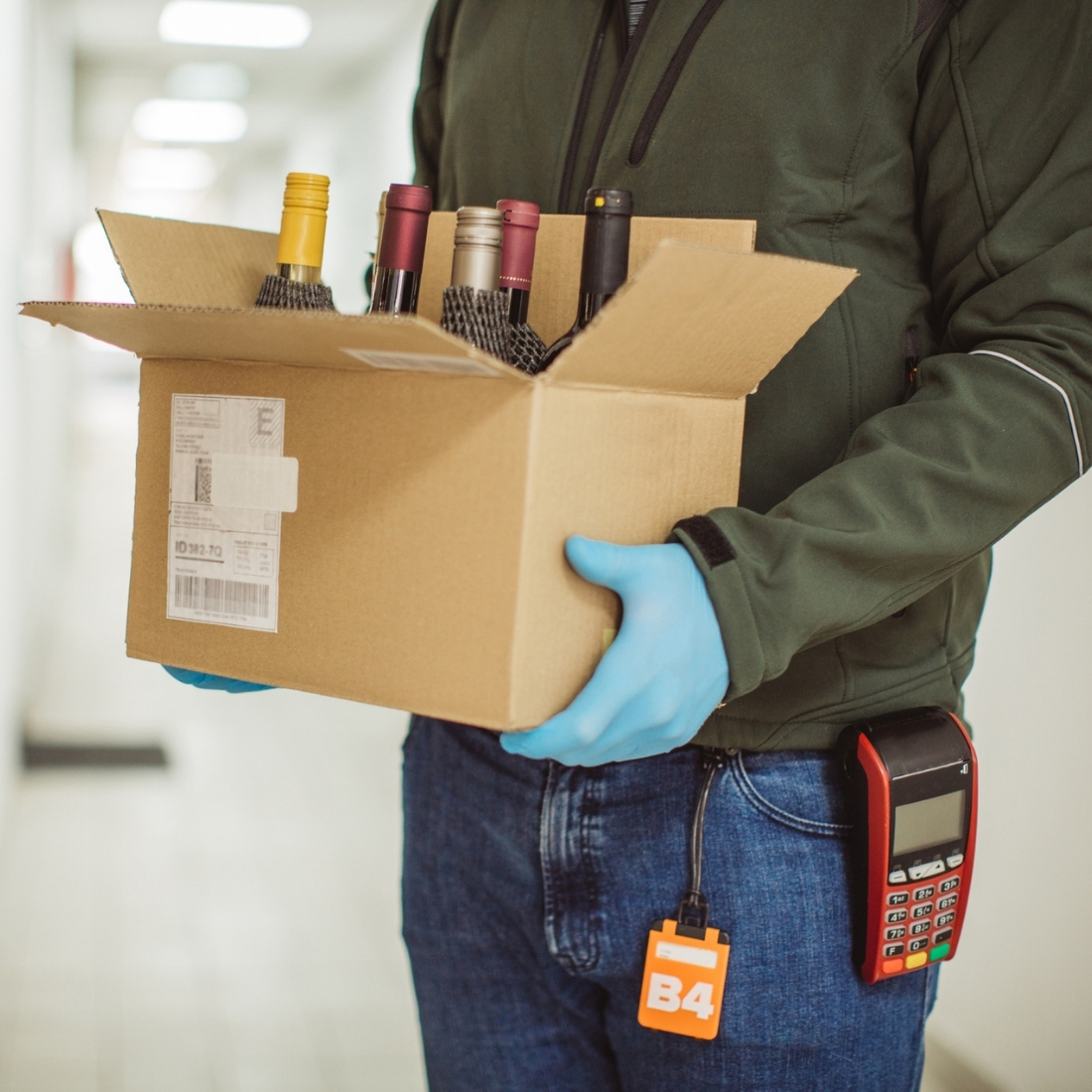
Katrina described the early weeks of quarantine as "having all my problems in my face screaming at me at the same time." Keeping the kids out of her husband's office as he worked proved challenging for little ones who were genuinely excited to have their dad home more often.
It was at that time that Katrina started hiding a glass of wine in her pantry and running in for sips during the day, as other mom friends had admitted to.
"Getting alcohol delivered in the middle of a pandemic is not cheap," she noted. During times when she couldn't swing it, she'd dip into their hard liquor. She didn't think twice about it. These were extraordinary times, after all.
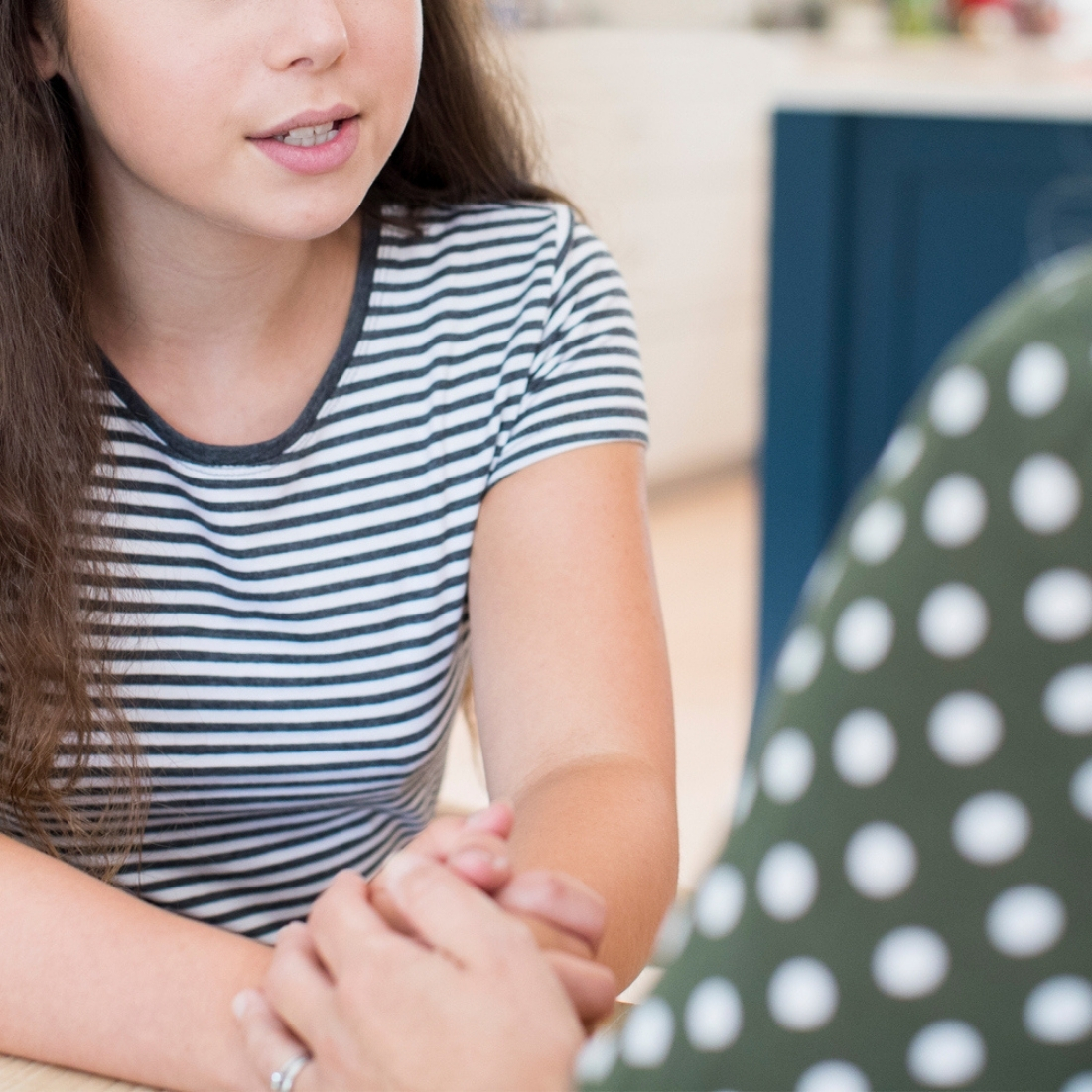
"For a while, I coasted like that. I knew I wasn't all the way there for my kids, but I was doing well enough. I leaned on my older kid a lot to give me breaks," she noted.
It was ultimately her oldest who called her out on it.
"They asked me if I was depressed because they were talking about what depression looked like in school. And there was some of that, but I realized that whatever I'd originally thought, drinking was not helping me through this."
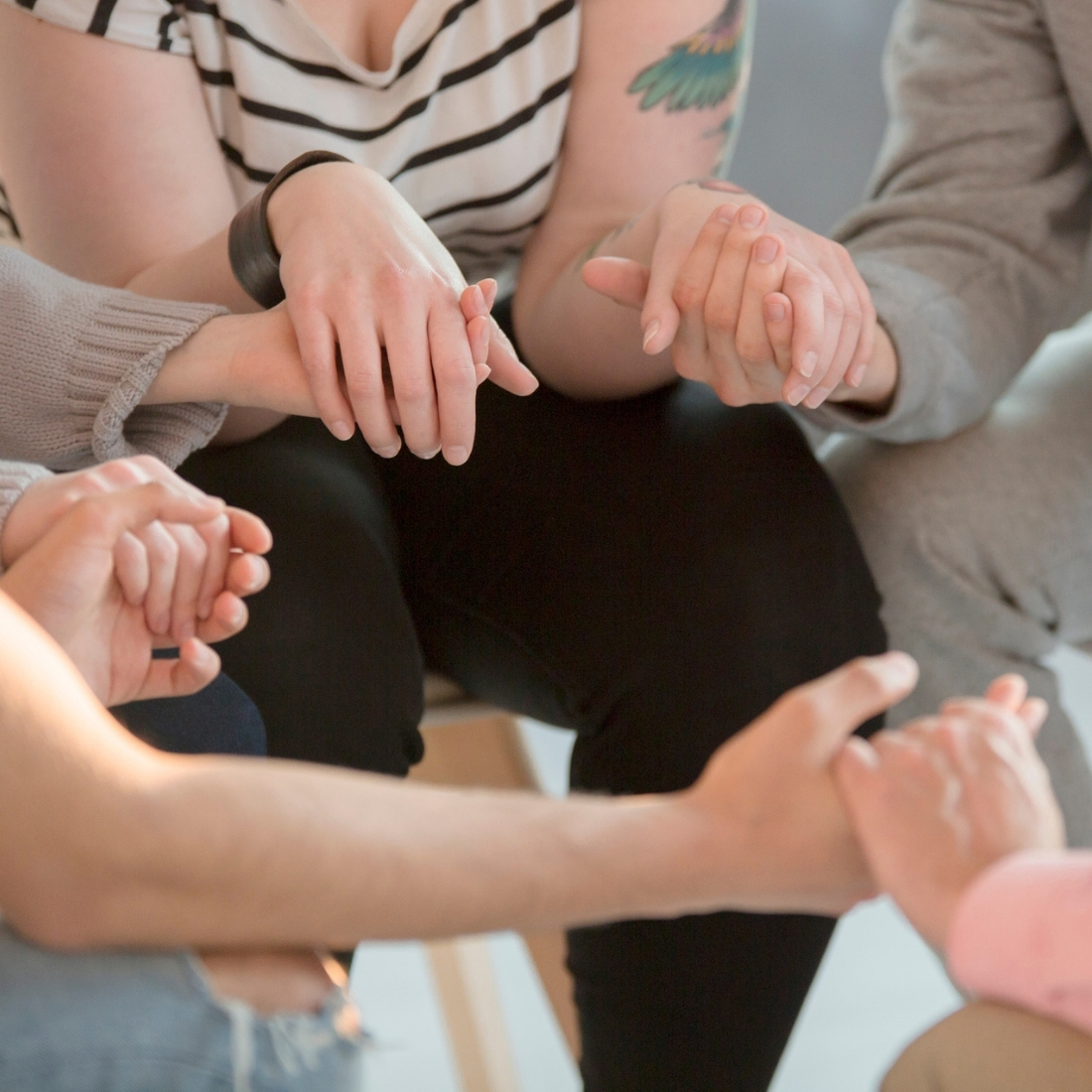
Katrina wanted to be accountable, so she signed up for some online meetings with her local Alcoholics Anonymous group. Now several months into the program, she's found new friends. She even brought an old one along when Carla, from her mom friend group, decided she was also done with drinking.
"Kat's decision pushed a necessary button," Carla explained. "Her taking a hard look at herself made me take a hard look at myself. It took longer than I wanted for me to get there, but I did, and I'm grateful to her for it."
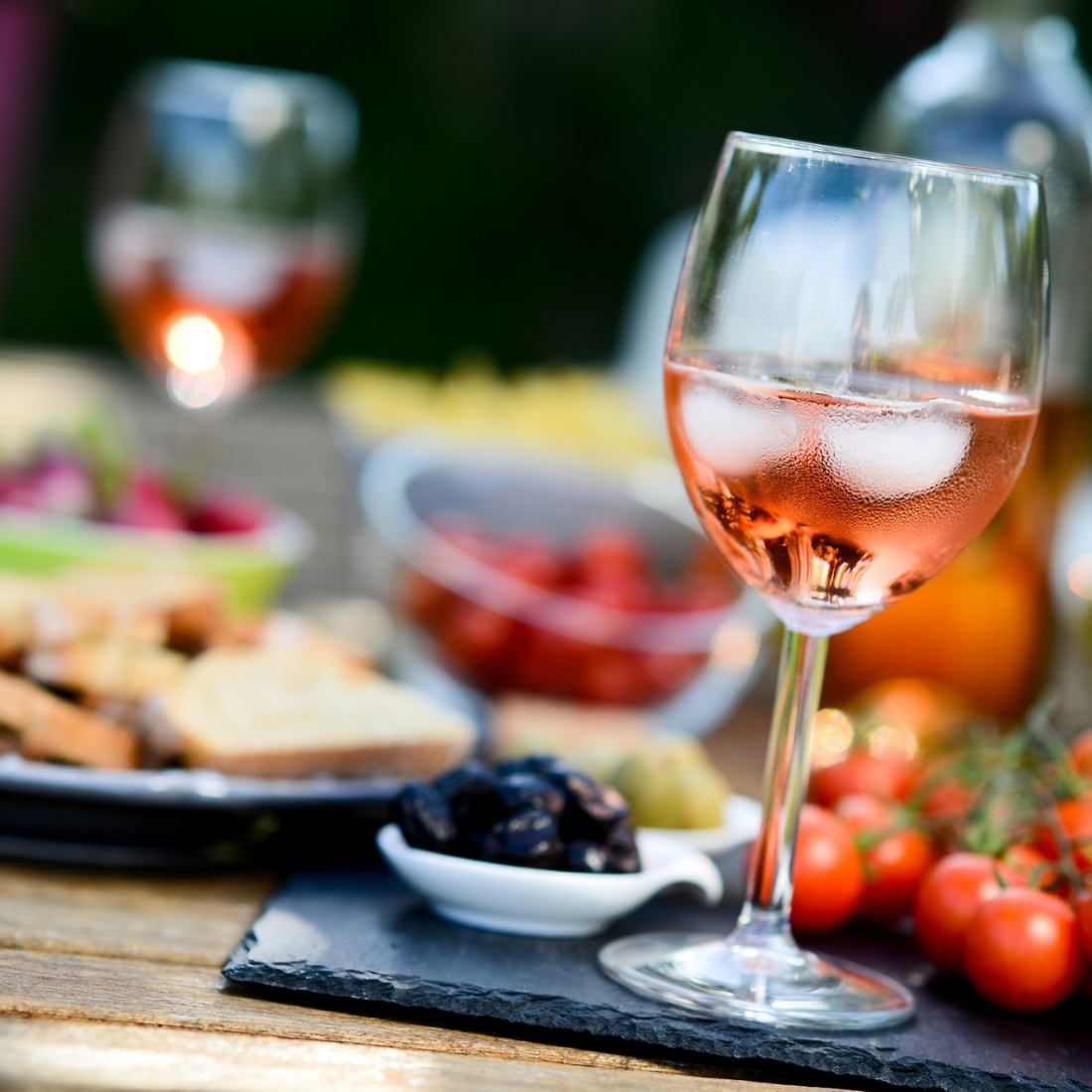
Both women wish that there wasn't such a strong association with being a mom and needing to drink. For Katrina, she felt like it gave her an excuse to give into what was already a problem for her before she'd become a mom.
Carla admitted she never drank much before hanging out with their group of mom friends, who drank on all sorts of occasions. "It was just always there, a total given at any event," she noted.
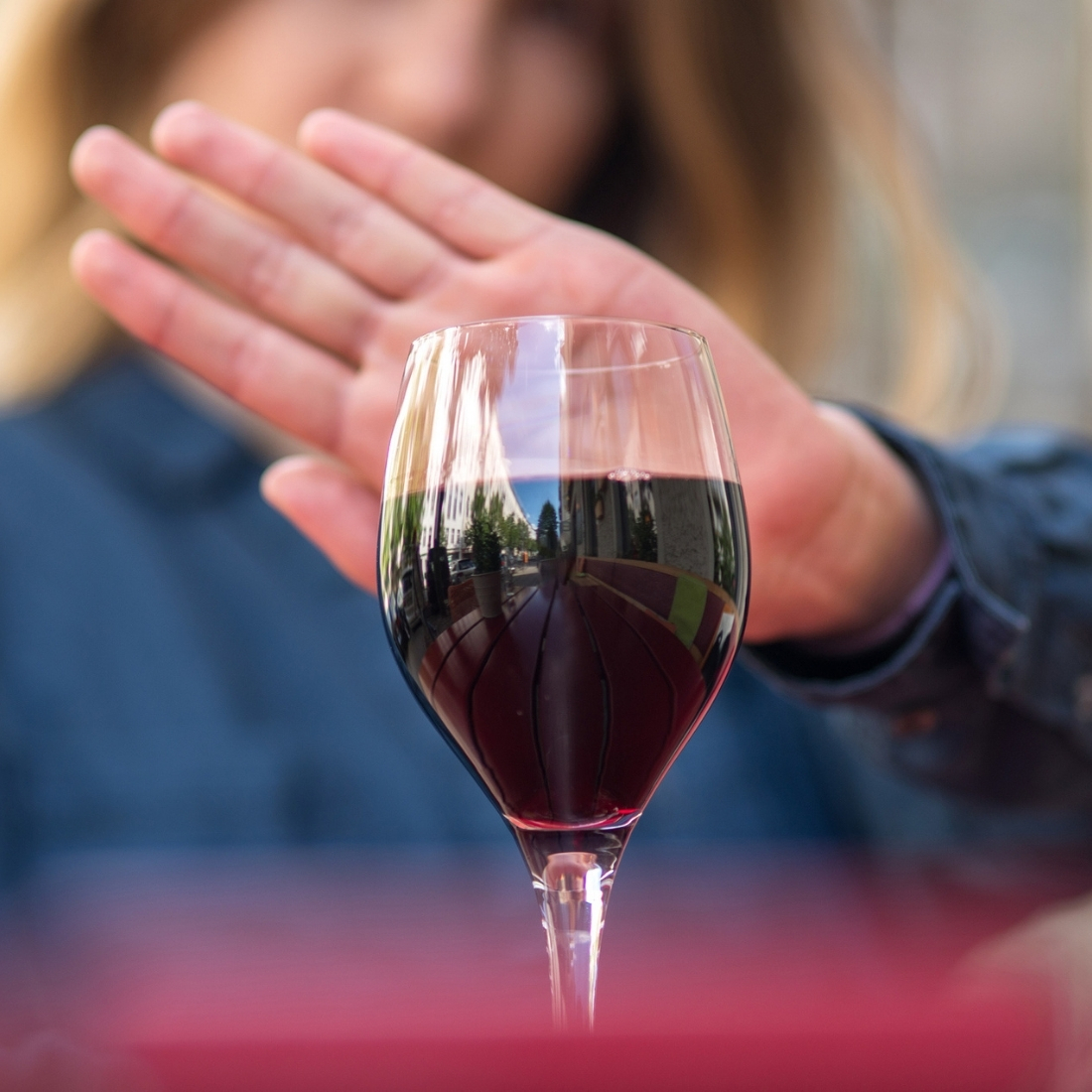
Katrina offered a word of advice to moms who feel like their drinking may be problematic: "If you're second guessing it, walk away. Just put your mind to it and see if you can. Then be honest with yourself, regardless of which way things go."
If you're a mom who found herself leaning on alcohol throughout the health crisis, you're not alone. As of October, there was a 41% increase in alcohol consumption in American women ages 35 to 59, according to The Unwinder.
Ultimately, no one can make the decision for you to get sober or ask for help. Make sure you're honest with yourself, and do what's best for you and your family.

